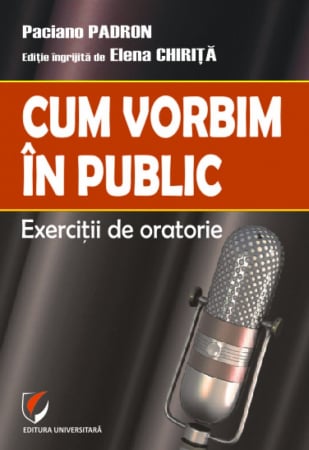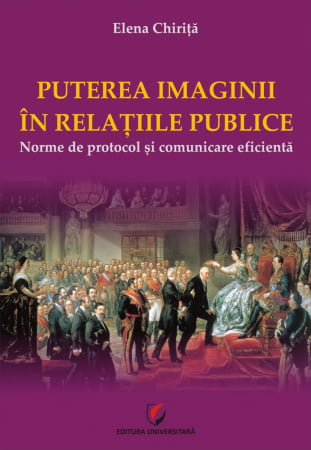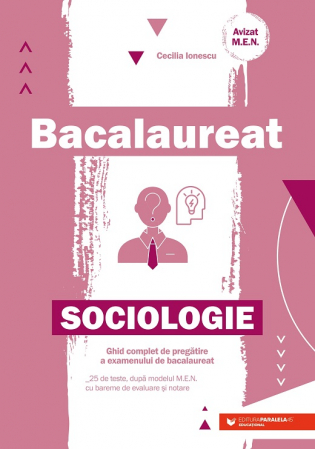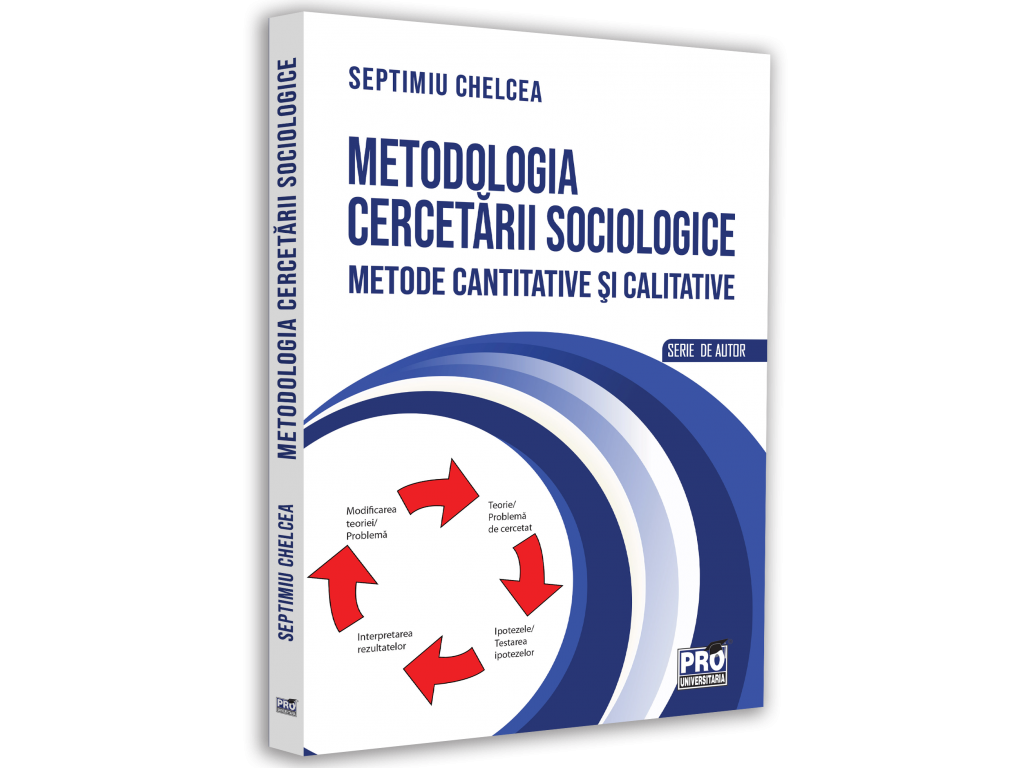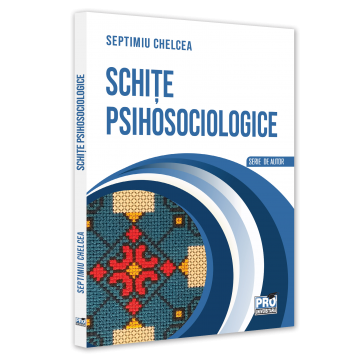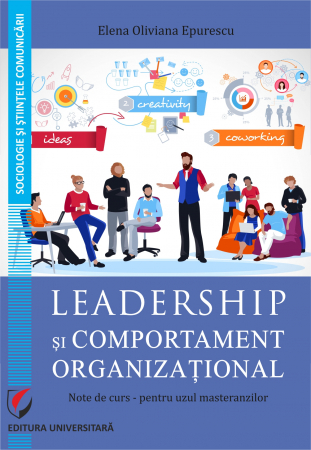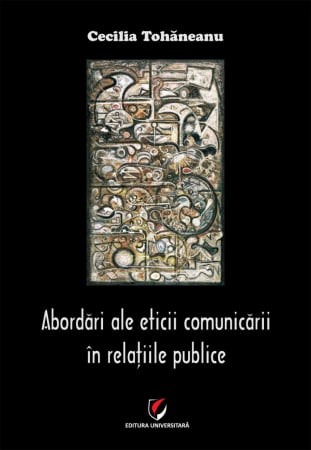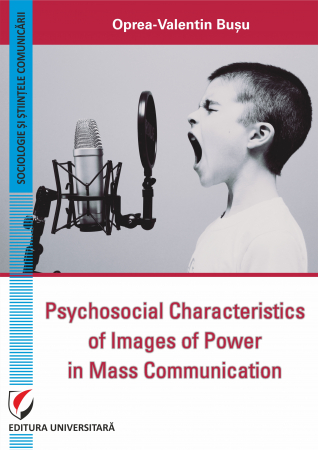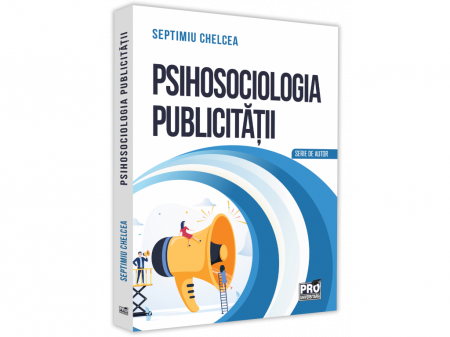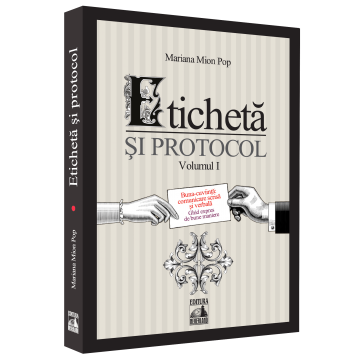Manuscript proposals: info@editurauniversitara.ro / 0745 204 115 //// Tracking orders Individuals / Sales:0745 200 718 / 0745 200 357 Orders Legal entities: 0721 722 783
Publisher: Evrika
Author: Zinaida Soroceanu
Pages: 112
Publisher year: 2021
ISBN: 978-606-95129-0-6
Product Code:
9786069512906
Do you need help?
0745 200 718
/
0745 200 357
- Description
- Download (1)
- Authors
- Content
- More details
- Where to find it
- Reviews (0)
Any action of adults that has an impact on the child is not without a psychic resonance in his individuality. This persists over time and conditions other manifestations observable in the child. Any educational action springs from a pedagogical concept of the adult or from the idea that the influence it exerts on the child is positive and necessarily leads to the expected effect.
The mistakes made by adults in the educational process are the result of principles that do not correspond to the rigors imposed by this process: from wrong ideas, prejudices or an outdated mentality, to a misunderstood modernism.
The "educational" mistakes of adults can be easily observed in the subsequent evolution of the child: from situations of school and social failure, conflicts with others, dissatisfaction on various levels, multiple difficulties of social adaptation to a changing environment, feelings of loneliness , shyness, etc., to depression, neurosis and other serious mental disorders.
An effective way to prevent these unwanted effects is a correct and timely information of the parents, extended both on the important aspects regarding the normal development of the child, and on the corresponding attitudes that are cultivated for him. Obviously, parents need knowledge and skills about the child's age, his inner world, expectations, content, character of influences and actions taken successfully. (Zinaida Soroceanu)
The mistakes made by adults in the educational process are the result of principles that do not correspond to the rigors imposed by this process: from wrong ideas, prejudices or an outdated mentality, to a misunderstood modernism.
The "educational" mistakes of adults can be easily observed in the subsequent evolution of the child: from situations of school and social failure, conflicts with others, dissatisfaction on various levels, multiple difficulties of social adaptation to a changing environment, feelings of loneliness , shyness, etc., to depression, neurosis and other serious mental disorders.
An effective way to prevent these unwanted effects is a correct and timely information of the parents, extended both on the important aspects regarding the normal development of the child, and on the corresponding attitudes that are cultivated for him. Obviously, parents need knowledge and skills about the child's age, his inner world, expectations, content, character of influences and actions taken successfully. (Zinaida Soroceanu)
-
Pocket guide for parents. Useful tips - Zinaida Soroceanu
Download
Zinaida Soroceanu
Expert in education and relational communication, Founder at the "Parents' School", mother with three children.
Expert in education and relational communication, Founder at the "Parents' School", mother with three children.
Preface / 6
Tip no. 1
Do not pamper children. / 11
Tip no. 2
There will be no fear of being firm. / 16
Tip no. 3
Do not use physical force. / 20
Tip no. 4
Don't be inconsistent. / 25
Tip no. 5
Don't make promises. / 28
Tip no. 6
Do not respond to challenges when the child says or does things that upset you. / 33
Tip no. 7
Don't get too upset when you're told "I don't love you" or "I hate you." 37
Tip no. 8
Don't make him feel smaller than he really is. / 41
Tip no. 9
Don't do anything for him that he could do alone. / 45
Tip no. 10
Do not spare "bad habits", pay as much attention as possible. / 50
Tip no. 11
Do not observe them in public. / 53
Tip no. 12
Do not try to discuss the child's behavior in the conflict fever. / 56
Tip no. 13
Do not try to preach to him. / 59
Tip no. 14
Don't make him feel that his mistakes are irreparable. / 61
Tip no. 15
Don't tease the baby. / 65
Tip no. 16
Do not punish the child too much. / 67
Tip no. 17
Remember, kids love to experiment. Learn from this. / 71
Tip no. 18
Don't pay too much attention to children's ailments. / 75
Tip no. 19
Don't reject them when they ask honest questions. / 80
Tip no. 20
Never try to look perfect. / 83
Tip no. 21
Don't be afraid to spend too little time together. It matters how you spend it. / 86
Tip no. 22
Do not be afraid if the child is scared. Be brave! / 90
Tip no. 2. 3
Behave with children, as you are with your friends / 94
Tip no. 24
Remember that a child does not grow up without encouragement and understanding. / 97
Tip no. 1
Do not pamper children. / 11
Tip no. 2
There will be no fear of being firm. / 16
Tip no. 3
Do not use physical force. / 20
Tip no. 4
Don't be inconsistent. / 25
Tip no. 5
Don't make promises. / 28
Tip no. 6
Do not respond to challenges when the child says or does things that upset you. / 33
Tip no. 7
Don't get too upset when you're told "I don't love you" or "I hate you." 37
Tip no. 8
Don't make him feel smaller than he really is. / 41
Tip no. 9
Don't do anything for him that he could do alone. / 45
Tip no. 10
Do not spare "bad habits", pay as much attention as possible. / 50
Tip no. 11
Do not observe them in public. / 53
Tip no. 12
Do not try to discuss the child's behavior in the conflict fever. / 56
Tip no. 13
Do not try to preach to him. / 59
Tip no. 14
Don't make him feel that his mistakes are irreparable. / 61
Tip no. 15
Don't tease the baby. / 65
Tip no. 16
Do not punish the child too much. / 67
Tip no. 17
Remember, kids love to experiment. Learn from this. / 71
Tip no. 18
Don't pay too much attention to children's ailments. / 75
Tip no. 19
Don't reject them when they ask honest questions. / 80
Tip no. 20
Never try to look perfect. / 83
Tip no. 21
Don't be afraid to spend too little time together. It matters how you spend it. / 86
Tip no. 22
Do not be afraid if the child is scared. Be brave! / 90
Tip no. 2. 3
Behave with children, as you are with your friends / 94
Tip no. 24
Remember that a child does not grow up without encouragement and understanding. / 97
Preface
The family is the environment in which the child is born, lives, develops and is formed as a personality. It is the main tool of interaction between the child and the social environment. Also, in the first years of life, those spent in the family, the child's self-awareness is formed, being an essential one for his further integration in the contemporary society which is constantly changing and diversifying. The first behavioral model, the first significant authority in gender, family and social relationships is provided by parents.
Education is one of the fundamental needs of man, along with the need for subsistence, procreation, kinship, shelter, protection, activity, hygiene of the human being everywhere and always. The family, as the nucleus of society, represents the immediate cultural response to these needs.
Any action of adults that has an impact on the child is not without a psychic resonance in his individuality. This persists over time and conditions other manifestations observable in the child. Any educational action springs from a pedagogical concept of the adult or from the idea that the influence it exerts on the child is positive and necessarily leads to the expected effect. The mistakes made by adults in the educational process are the result of principles that do not correspond to the rigors imposed by this process: from wrong ideas, prejudices or an outdated mentality, to a misunderstood modernism.
The "educational" mistakes of adults can be easily observed in the subsequent evolution of the child: from situations of school and social failure, conflicts with others, dissatisfaction on various levels, multiple difficulties of social adaptation to a changing environment, feelings of loneliness , shyness, etc., to depression, neurosis and other serious mental disorders.
An effective way to prevent these unwanted effects is a correct and timely information of the parents, extended both on the important aspects regarding the normal development of the child, and on the corresponding attitudes that are cultivated for him. Obviously, parents need knowledge and skills about the child's age, his inner world, expectations, content, character of influences and actions taken successfully in family education.
www.editurauniversitara.ro
If you want to express your opinion about this product you can add a review.
write a review
Customer Support Monday - Friday, between 8.00 - 16.00
0745 200 718 0745 200 357 comenzi@editurauniversitara.ro

![Pocket guide for parents. Useful tips - Zinaida Soroceanu [1] Pocket guide for parents. Useful tips - Zinaida Soroceanu [1]](https://gomagcdn.ro/domains/editurauniversitara.ro/files/product/large/pocket-guide-for-parents-useful-tips-zinaida-soroceanu-3136-1784.png)
